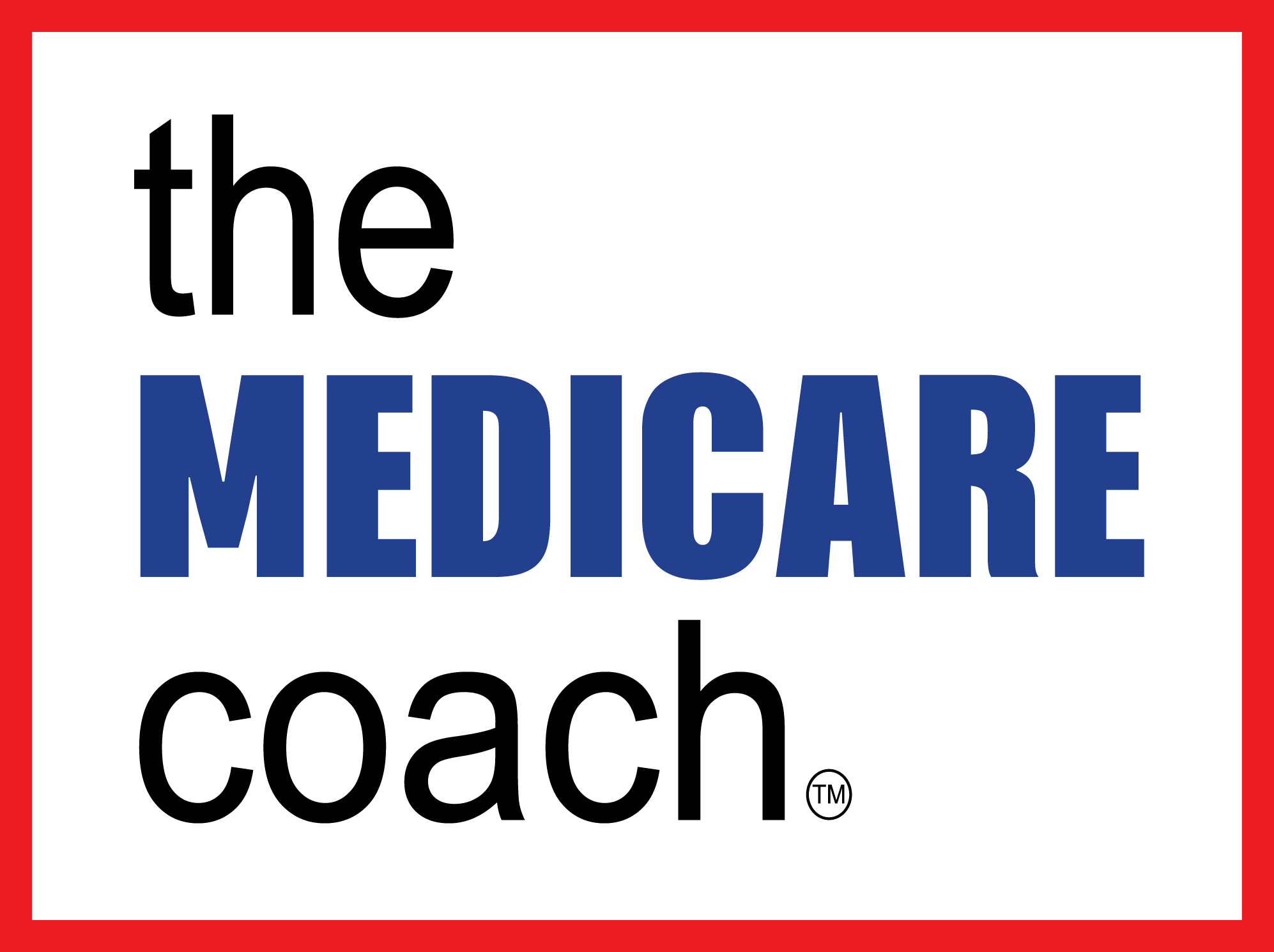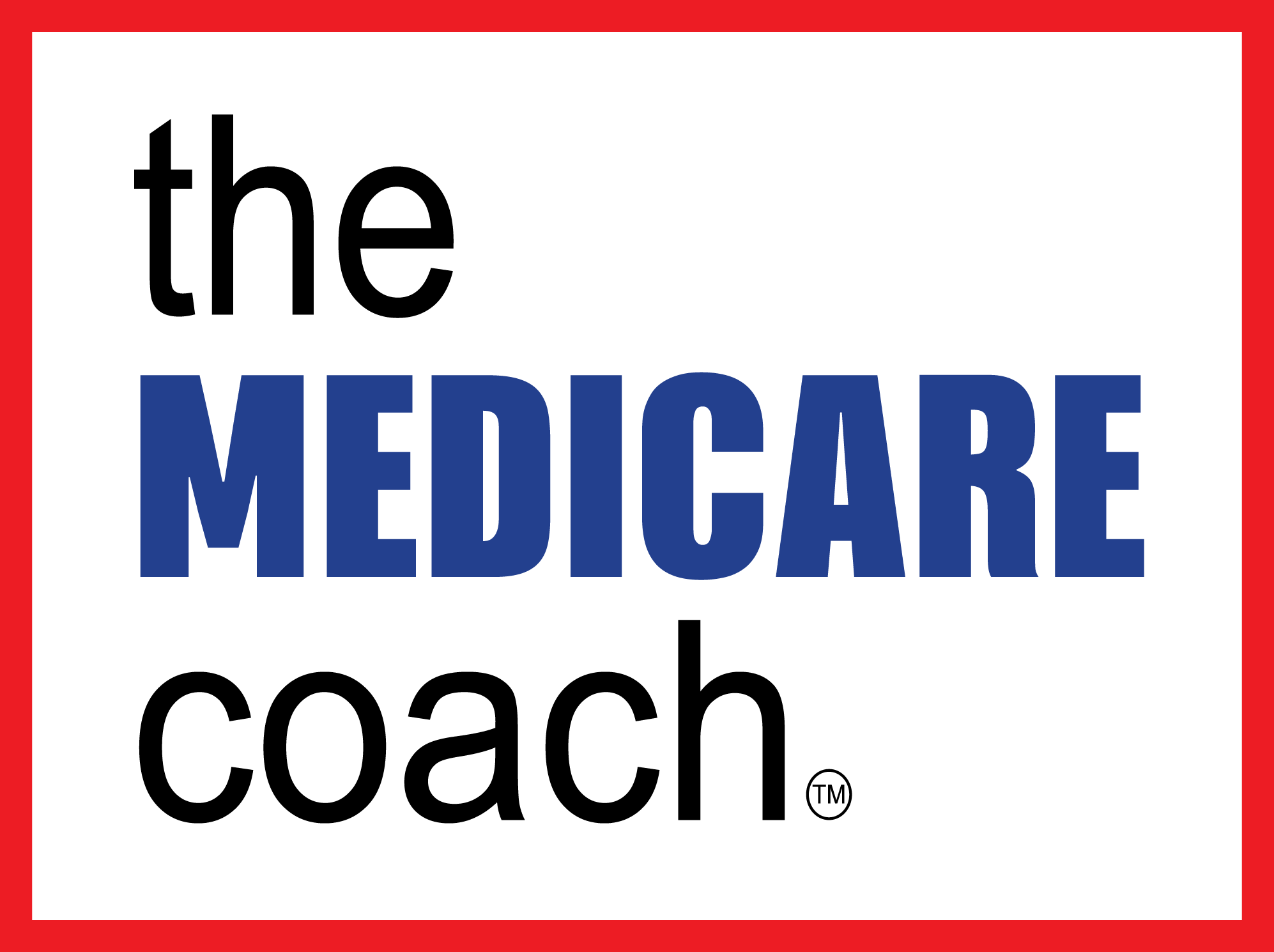Are you approaching your Medicare decision and feeling overwhelmed with phone calls, commercials, and insurance mailers telling you that Medicare Advantage is best for you?
The reality is that with all these commercials and advertisements, it can be tough to figure out if a Medicare Advantaged plan is truly best for you.
In this blog, I want to tell you the three steps to determine if a Medicare Advantage plan is right for you.
Medicare Advantage is another name for Medicare Part C. When you join a Medicare Advantage plan, you are technically leaving the traditional Medicare system and entering the privatized world of Medicare.
Medicare Advantage plans are required to cover all the same basic Medicare Part A and Medicare Part B services as determined by Medicare. In addition, they typically include Medicare Part D drug coverage, which can be helpful in that they lump everything together.
However, private insurance companies that offer Medicare Advantage plans can set up rules and parameters in order for you to get care. Most of the time, Medicare Advantage plans typically work like an HMO or a PPO. They have restrictions on which doctors you can see and how referrals work.
For example, if you’re on a Kaiser Permanente Advantage plan and try to go to Mayo Clinic, Mayo Clinic does not accept the Kaiser Advantage plan.
No matter what the Medicare Advantage advertisements say, these plans have premiums, co-pays, and max out-of-pocket amounts. As of 2022, the max out-of-pocket amount for in-network facilities is around $7,000 a year. The maximum is even higher if they allow you to see out-of-network doctors.
How do you determine if a Medicare Advantage plan is right for you?
1. Do your current and future doctors accept the Medicare Advantage plan you’re choosing?
My advice to all of you is to make a list of the current doctors you see and the ones you want to see in the future. Then, ask yourself, “if I were to find out I have cancer tomorrow, what doctors and facilities would I want to go to.” Then ask each of them what type of Medicare they accept. Unfortunately, most top research hospitals do not accept Medicare Advantage plans.
It’s essential to consider your healthcare if you get sick, as it’s unrealistic to plan for only being healthy.
With Medicare having insurability rules, it can be really hard, if not impossible, to go back to Original Medicare with a Medigap plan after you’ve chosen a Medicare Advantage plan.
2. You take expensive Medications.
I have found that certain people with expensive medications can have a much lower cost on Medicare Advantage plans.
This is not always the case, but for our clients with expensive medications, we look to see what the cost of their medications would be with a Medicare Advantage plan because it can be a determining factor.
3. You’re comfortable with the total cost of Medicare Advantage.
As I mentioned above, there are costs associated with Medicare Advantage plans. They are not free. These costs tend to sky-rocket when you have health issues.
For that reason, if you are comfortable understanding those premiums, co-pays, and max out-of-pocket costs, then Medicare Advantage can make a lot of sense.
For example, if you’re on Medicaid and Medicare, there is a special Medicare Advantage plan that can limit what you pay for your health care.
Most of our clients prefer Original Medicare and not Medicare Advantage. This is mainly because they have access to more doctors, and it has overall lower costs.
With that said, Medicare Advantage can fit certain people well. Just be sure that whatever plan you choose, it’s best for your unique situation.
To get help with your Medicare decision, you can register for my next free online Medicare workshop!




